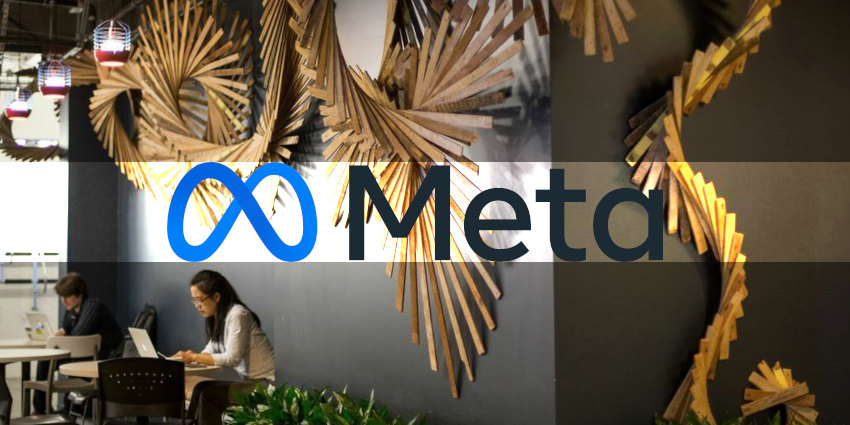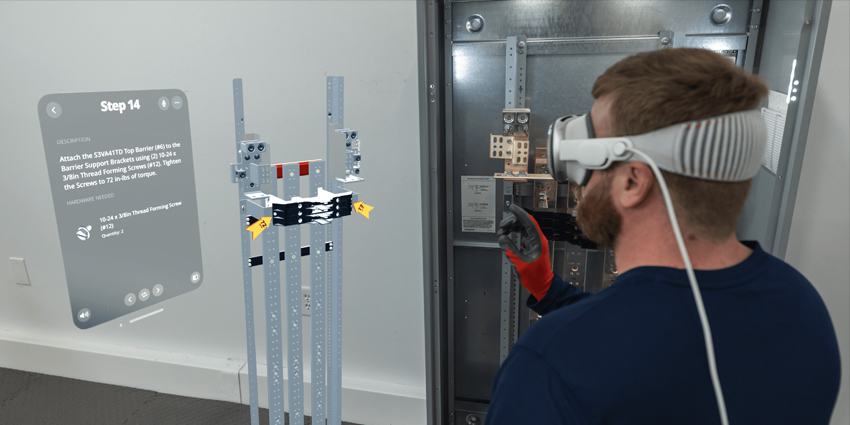Meta Platforms has entered talks with Tencent Holdings to potentially sell the former’s Meta Quest headsets and services across China.
Media outlets 36Kr and the Wall Street Journal broke the news on Wednesday UK time, citing three people familiar with the matter.
According to the reports, one source noted Tencent and Meta Platforms entered talks last year. The person added that negotiations were in their early stages and the two tech giants had not agreed on specific terms.
The news comes after Tencent, the largest global video game publisher, aimed to develop its own metaverse unit in June last year. It planned to enter the metaverse space race amid skyrocketing demand for metaverse solutions.
Tencent Shutters XR Division
Reuters reported on Friday last week that the Chinese tech behemoth scrapped its plans to compete in the extended reality (XR) market due to profitability concerns. It had hired 300 employees, but later shifted its company strategy back to the gaming industry.
A source speaking to Reuters at the time stated Tencent’s XR projects would not reach profitability until roughly 2027, citing internal forecasts.
A further anonymous source added Tencent’s metaverse unit also failed to create sufficient games and use cases.
The company also aimed to acquire Black Shark, a Chinese gaming phone manufacturer. The latter backed out of the deal, citing Tencent’s strategy shift and national regulations on metaverse solutions.
Despite this, Chinese rival and TikTok owner ByteDance remains the top metaverse firm in the Mainland. It released its Pico 4 and Pico 4 Enterprise headsets on the backdrop of the Augmented World Expo (AWE) last year.
Pico’s rival headset also competes with HTC VIVE’s XR Elite mixed reality (MR) headset, which dropped at the Consumer Electronics Show (CES) in early January.
Analysis of Meta-Tencent Negotiations
Demond Cureton, Senior Journalist for XR Today, analysing the latest updates with the Meta-Tencent talks.
Meta Platforms and Tencent are mulling the start of a quid pro quo relationship amid the talks, which, if successful, will allow both firms mutual benefits to their operations.
On Meta’s side, it can enter the massively lucrative Chinese consumer market. For the first time, open negotiations could allow Meta products to operate in the Mainland since their ban in 2009 due to the Urumqi riots.
Protests at the time turned violent over a call for an independent East Turkestan state, forcing Chinese authorities to block the social media platform. To strike a deal with Tencent, both parties would need to go through Beijing first.
Tencent Outsourcing Meta for XR?
Conversely, Tencent no longer has to leave itself to develop a new metaverse division, but can provide Meta Platforms with sufficient incentivisation to continue building its own. Meta can simply outsource its metaverse technologies to the Chinese tech giant while reaping benefits from China’s huge use case potential.
It is understood that the Chinese market may offer greater reception to metaverse technologies, and Facebook’s attractive platform could create greater market maturity in the country.
Currently, the Chinese have Lenovo, ByteDance, Plimax, DPVR, HTC VIVE via Taiwan, and a few other tech firms providing headsets. To date, only ByteDance, Lenovo, and HTC VIVE have mature metaverse platforms.
Lenovo’s metaverse platform, ThinkReality, focuses exclusively on the enterprise and does not operate in consumer markets.
Potential in Meta-Tencent Talks
If approved, Beijing could allow Facebook to operate under its bespoke metaverse restrictions and expedite the nation’s XR standards and regulations development. This could also see Chinese authorities call on ByteDance, Tencent, and Meta to help the country develop Shanghai as a key metaverse hub over the next five years.
The world’s most populous city, Shanghai, is currently repositioning as a global leader in the metaverse and emerging technologies tech race could incubate massive potential by procuring global partnerships.
Meta, who also joins the Metaverse Standards Forum and XR Association, is a proactive member of the metaverse standards and best practices community. Should the deal go through, both companies and nations have much to gain.
Meta’s Current Challenges in the XR Industry
One must note there will be questions of transnational data flows, data processing via Meta’s Research SuperCluster, online safety regulations, and other key terms and conditions. This could dominate talks between the two tech firms over the next few months.
However, bringing together two of the largest metaverse companies under a mutual agreement would prove instrumental for both. This is especially true as Meta recovers from the metaverse winter of discontent amid its massive profit losses, 11,000 employee layoffs, and increasing regulatory scrutiny on big tech firms.
Meta’s pivot to the enterprise metaverse was an initial tactical retreat in its bid for the future spatial communications platform. The company did this by launching its partnerships with Microsoft and Zoom, its Meta Quest Pro, and continued research and development (R&D) in haptics and enterprise avatars, among others.
Additionally, a move to China could resurrect their political detente and become a ‘win-win’ solution for both firms, should all parties agree.
The comments in this article are independent and do not reflect the views of Today Digital or its affiliates







